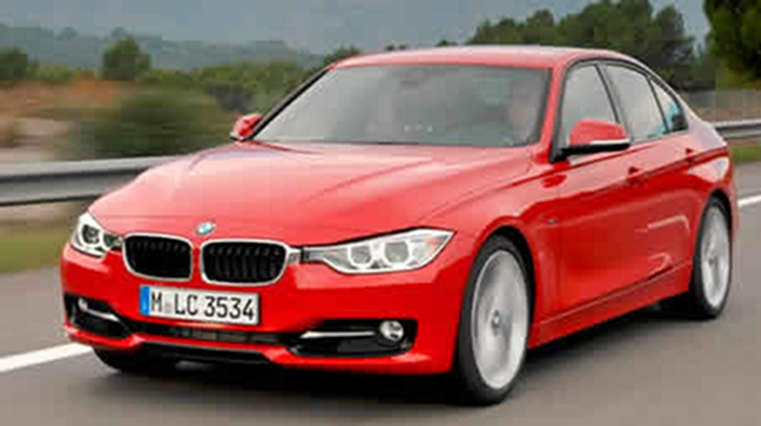Green points for BMW

BMW New Zealand says Motor Industry Association data shows the marque has the lowest average CO2 emissions among its premium competitors. Average CO2 emissions – measured in grams per kilometre (g/km) – of new vehicles for sale here has been decreasing over the years. But when premium brands are compared, BMW is “head and shoulders above the rest,” says managing director Nina Englert. The average emissions from BMWs fell from 217.2g/km in 2007 to 159.4g/km in 2012, and were down to an all-time average low of 150.4g/km last year. “BMW has been at the forefront of CO2 reduction since introducing EfficientDynamic technology more than five years ago,” says Englert. “These figures reinforce BMW continues to lead the premium segment when it comes to reducing emissions.” EfficientDynamic features include lightweight construction, low-rolling resistance tyres, the widespread application of eight-speed automatic transmissions and auto-stop-start fuel-saving technology. The latest carbon emission figures come in the same year as the launch of the all-new BMW i range of electric vehicles (EVs) – the i3 and i8. “Unlike other EVs, it’s an all-new model designed from the ground up,” says Englert. “Engineers haven’t simply taken an existing chassis, added reworked panels and installed an electric engine.” The new i range represents the marque’s first major application of carbon-fibre reinforced plastic in a production model. The material is lightweight, strong and can be shaped to emphasise cars’ aerodynamic properties.





